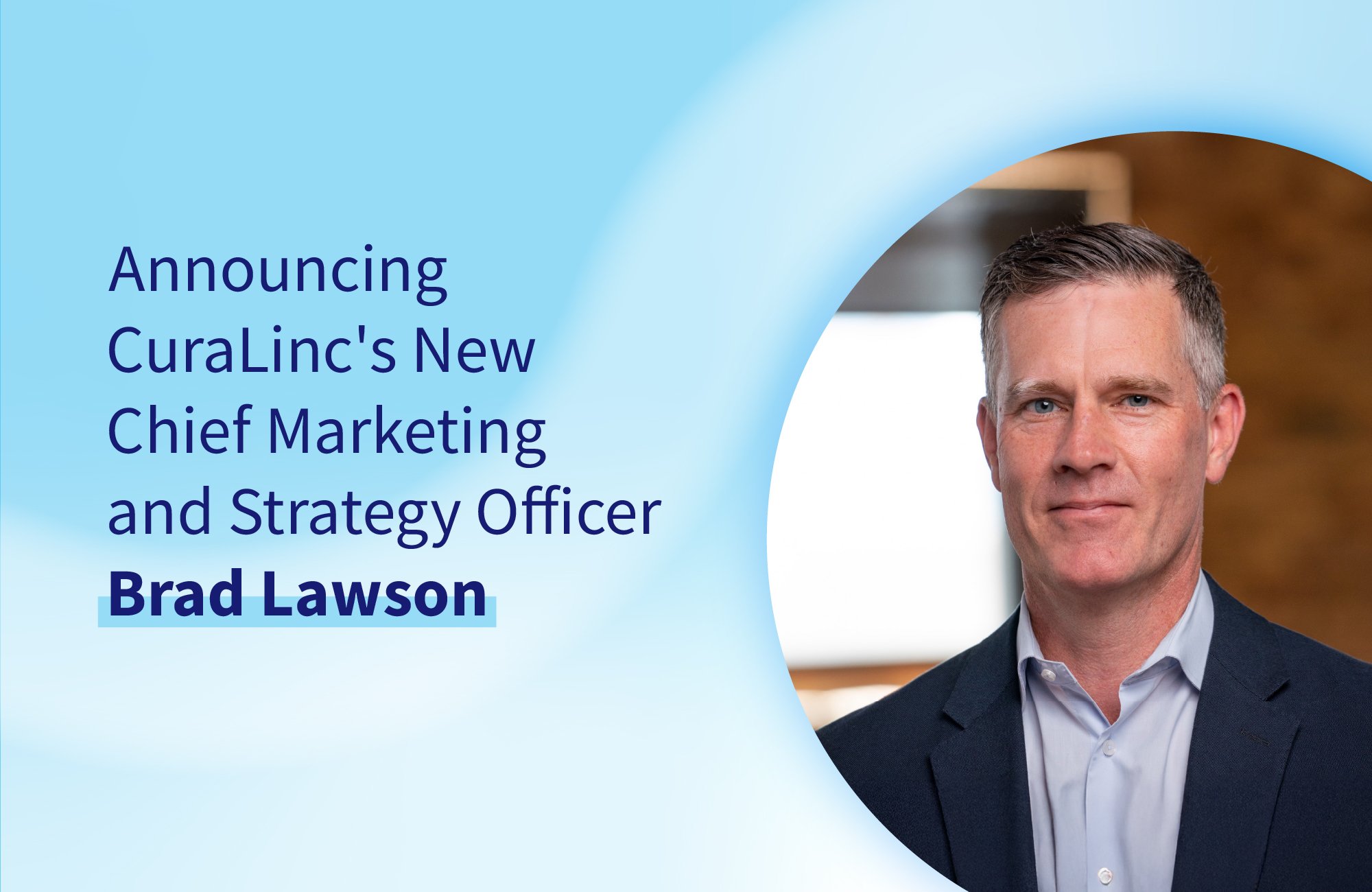Workplaces are at their best when everyone has the support they need to succeed—including neurodivergent employees and caregivers. These individuals bring unique strengths and perspectives, but they often encounter barriers that make it more difficult for them to thrive. With the right resources and a commitment to inclusivity, employers can create an environment where every team member feels valued and supported.
Understanding neurodiversity
It’s important to note that neurodiversity and neurodivergence are not medical or clinical terms, but rather a social framework and identity. “At its core, neurodiversity is simply the diversity among human minds,” explains Melissa Danielsen, co-founder and CEO of Joshin, a company dedicated to advancing disability inclusion in the workplace. “Neurodivergent means having a mind that functions in a way that diverges significantly from the dominant societal standards of the typical mind.”
Neurodiversity includes a range of conditions, such as autism, attention deficit hyperactivity disorder (ADHD), dyslexia, epilepsy and Tourette syndrome. It impacts nearly one in five people.
How neurodiversity plays a role in mental health and wellbeing
Neurodiversity correlates with higher rates of physical health issues, financial barriers and social connectivity challenges. In addition, there is often an overlap with mental health issues.
1 in 4 individuals with autism experiences depression compared to 1 in 10 in the general population
50% of adults with autism experience clinical anxiety
1 in 5 individuals with ADHD experiences major depression compared to 1 in 10 in the general population
These higher rates of comorbidities and additional challenges highlight the importance of holistic, personalized support that helps employees and caregivers thrive in both their personal and professional lives.
How employers can support neurodivergent employees
Neurodiversity is an asset to the workplace, bringing unique perspectives, creativity and skills. But to fully support neurodivergent employees and caregivers, organizations must go beyond awareness.
Reduce stigma
According to Danielsen, even though the prevalence of neurodiversity is significant, employers only see 2% to 3% of their workforce voluntarily disclose a diagnosis. Employers can help by destigmatizing conversations around neurodiversity and offering the right support for neurodivergent employees and caregivers. Creating a culture that promotes open and honest communication can make a significant difference in meeting the unique needs of the workforce.
Create an inclusive working environment
Traditional work structures don’t work for everyone. To foster an inclusive working environment for neurodivergent employees, organizations must support diverse needs and working styles. This includes offering accessible accommodations, creating a strengths-based approach to work and training employees on neurodiversity to promote education and understanding.
Design benefits that recognize neurodiversity
“One of the most important things an employer can do is really just to consider whether they have a good understanding of their current workforce,” explains Danielsen. “Who are your employees? What benefits do they actually use? What is the real value? Personalization is key, and all-in-one services that cater to the full person are critical.”
Workplace benefits should be about more than checking a box. They need to meet people where they are and offer meaningful support. That meaningful support includes caregivers who may be neurodivergent themselves. They can benefit from convenient access to counseling, stress management tools and practical resources. When caregivers feel supported, it makes a difference for everyone involved.
Learn more about designing benefits that recognize neurodiversity
Coffee with CuraLinc
Strategic partnerships, such as the one between CuraLinc and Joshin, can enhance opportunities for personalized, holistic support. In our January Coffee with CuraLinc episode, CuraLinc’s Senior Vice President of Product Strategy, Kathy Mahieu, was joined by Melissa Danielsen, co-founder and CEO of Joshin, a company dedicated to advancing disability inclusion in the workplace.
Together, they explored how employers can design mental health benefits that truly recognize and support neurodivergent employees and caregivers.




